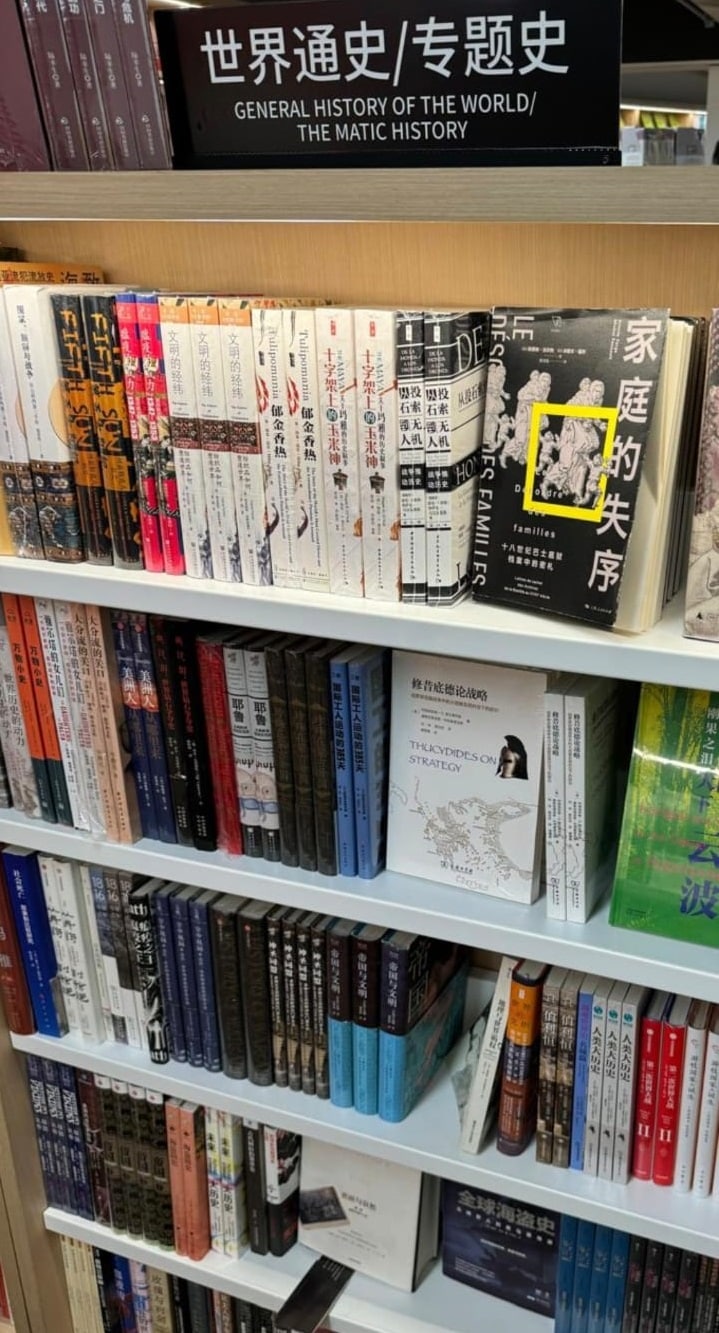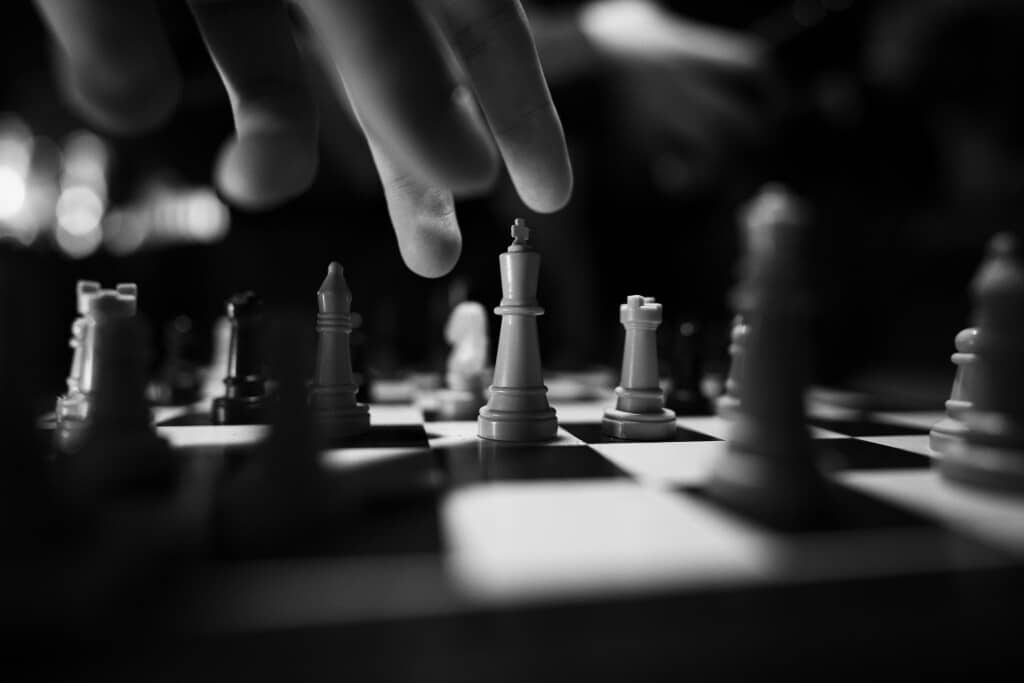by Christos Zabounis
One of Donald Trump’s campaign promises, in addition to ending the war in Ukraine, was to address China as a growing threat to the global geopolitical balance. Many analysts were quick to turn to Thucydides and the reference book “History of the Peloponnesian War” to draw strategic lessons from the Sparta-Athens rivalry and how it ended in war. Among them, Graham Alison, a professor at Harvard, authored a best-seller, On the War Track: Can the U.S. and China Avoid the Thucydides Trap?”, where he presents the “Thucydides Trap” as the phenomenon where when there is a shift at the top of the international system with the emerging power overtaking the dominant power, then hegemonic war is difficult, almost impossible to avoid. Two of our “own” intellectuals, Professor of Strategy at the University of Piraeus Athanasios Platias and Assistant Professor of International Politics at the Schwartzman College of Tsinghua University in Beijing, Vasilios Trigas, have an opposing opinion. In their own book, which was recently published in Chinese, in addition to English and Greek, they argue against the aforementioned opinion. In “Thucydides on strategy”, but also in “Deconstructing the Thucydides Trap”, they state that maintaining financial stability is in the interest of both economic giants, as well as avoiding economic crises that could derail their economic prosperity and political -social stability. According to Thucydides, who, in their opinion, is often misinterpreted, “the primary role in behavior is leadership, and prudence as the greatest political virtue.” It remains to be seen after January 20, 2025, the day the new president is sworn in.














